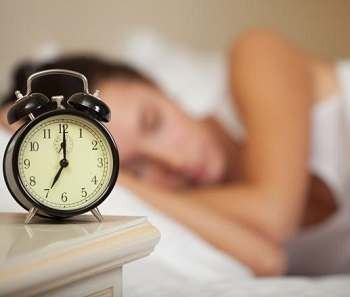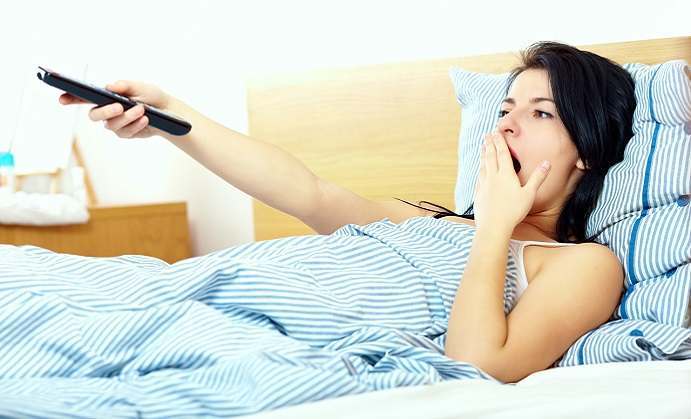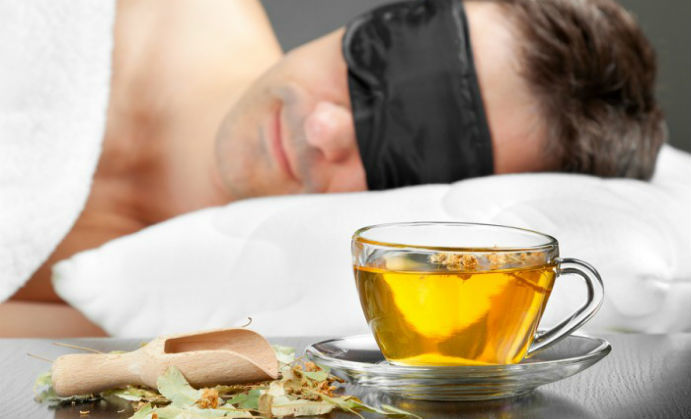No kidding, sleep hygiene is a real thing. Sleep professionals use the term to describe a group of things you can do to enhance the possibility of getting a good night’s sleep.
But these hygiene tips come with a warning. If you’re already suffering from sleeplessness, you’re probably going to need more than just good hygiene. Ongoing sleep problems are typically linked with issues like stress, an underlying health concern, or a new behavior that is impeding your sleep. For example, you might have started a new medication before you began having sleep problems. You’ll need to resolve any such contributory issue before you can expect relief.
Still, even with that warning in mind, a to-do list for promoting sleep can’t be a bad thing. So here goes.
 Set up a sleep schedule. Yes, you do need to establish a schedule and keep to it, even on your days off, and special days, and all the other special occasions that could interfere with the schedule. People vary in the amount of sleep they need, so the exact time that you go to bed, and the time you get up, are not as important as the fact that you set specific times and stick to them.
Set up a sleep schedule. Yes, you do need to establish a schedule and keep to it, even on your days off, and special days, and all the other special occasions that could interfere with the schedule. People vary in the amount of sleep they need, so the exact time that you go to bed, and the time you get up, are not as important as the fact that you set specific times and stick to them.
Forget naps. If you’re a nap person, you might want to rethink your habit. You can probably get away with a nap here and there, depending on your activity level, and if you don’t already have a serious sleep problem. But napping will eventually interfere with your ability to stick to a sleep schedule.
Commit to an exercise program. It probably doesn’t make much difference what kind of exercise you choose. But pick something you enjoy because the key is to do it consistently. If you exercise earlier in the day, you’ll probably have better luck in sleeping. The recommendation is to exercise at least a few hours before bedtime. If you’re having sleep problems, it might pay to read up on exercise and sleep.
Pay attention to what you eat and when you eat. It’s sometimes hard to sleep after a heavy meal, and after-dinner snacks won’t help either. Caffeine can be a real problem. Yes, some people can drink coffee or tea and then go to sleep, but most of us can’t. The smart approach is to limit caffeine drinks and chocolate to levels that don’t interfere with your sleep.
 Your bedroom is for rest. Using a sleep schedule trains you to go to sleep when you go to bed, and you can do that more easily if you don’t also use your bedroom for other purposes such as watching television or exercising. It will also help if you make your bedroom a relaxing room, which can mean different things to different people. Pick colors and furnishings that feel good to you.
Your bedroom is for rest. Using a sleep schedule trains you to go to sleep when you go to bed, and you can do that more easily if you don’t also use your bedroom for other purposes such as watching television or exercising. It will also help if you make your bedroom a relaxing room, which can mean different things to different people. Pick colors and furnishings that feel good to you.
Slow down as you get closer to bedtime. Don’t expect to go to sleep immediately after an argument or after watching an exciting movie. As you approach your bedtime, give yourself a chance to shed the day and settle into a more peaceful feeling.
Make sure you get enough vitamin D. Light therapy is sometimes recommended for people who don’t sleep well. So give yourself a boost by getting some rays or eating more dairy, fish, or oysters, or talk with your doctor about a vitamin D supplement. .
Start a sleep dairy. Keeping a diary is a must. You want to record all the details about your sleeping pattern, or lack thereof, with the hope that you’ll be able to spot what’s keeping you awake. Now the bad news. Good sleep hygiene means applying all these tips and not just picking and choosing the ones you like. It’s a program, a system. By following all the tips you’ll move yourself that much closer to good sleep.
Do you want to find an effective Insomnia treatment? Check out our top rated Insomnia products











